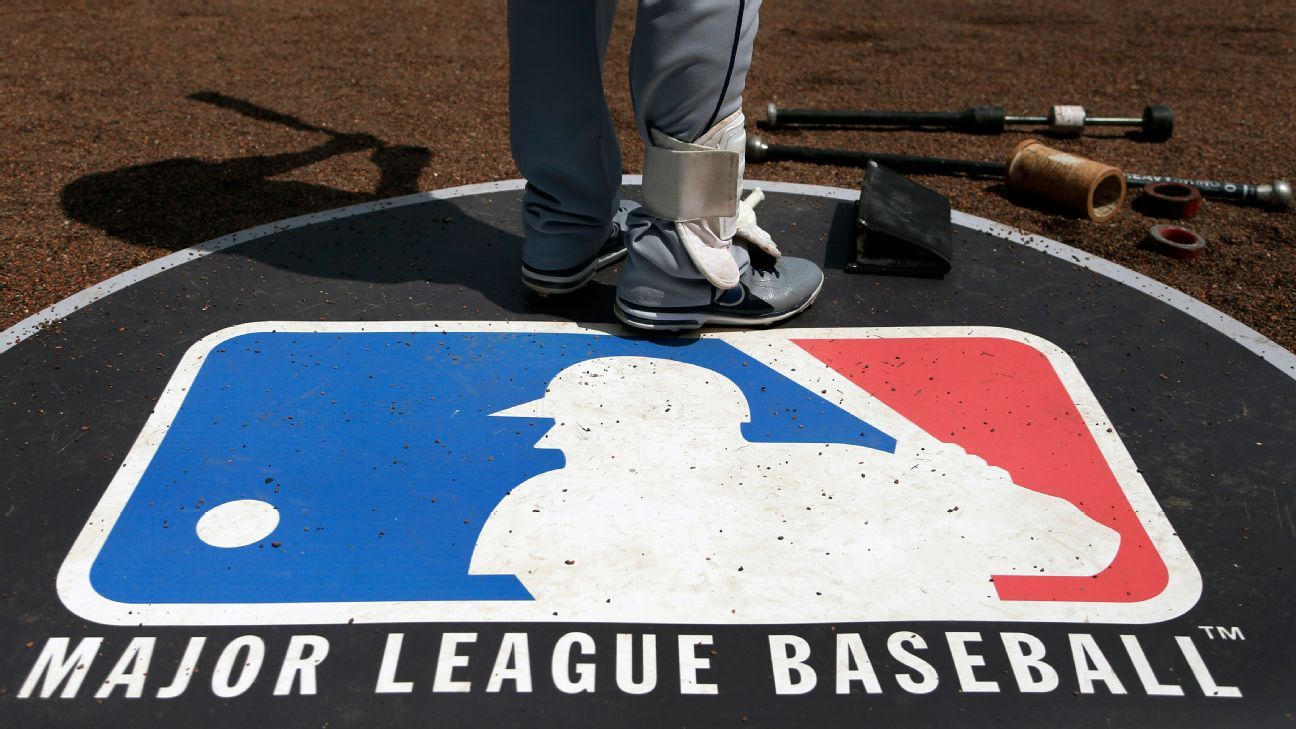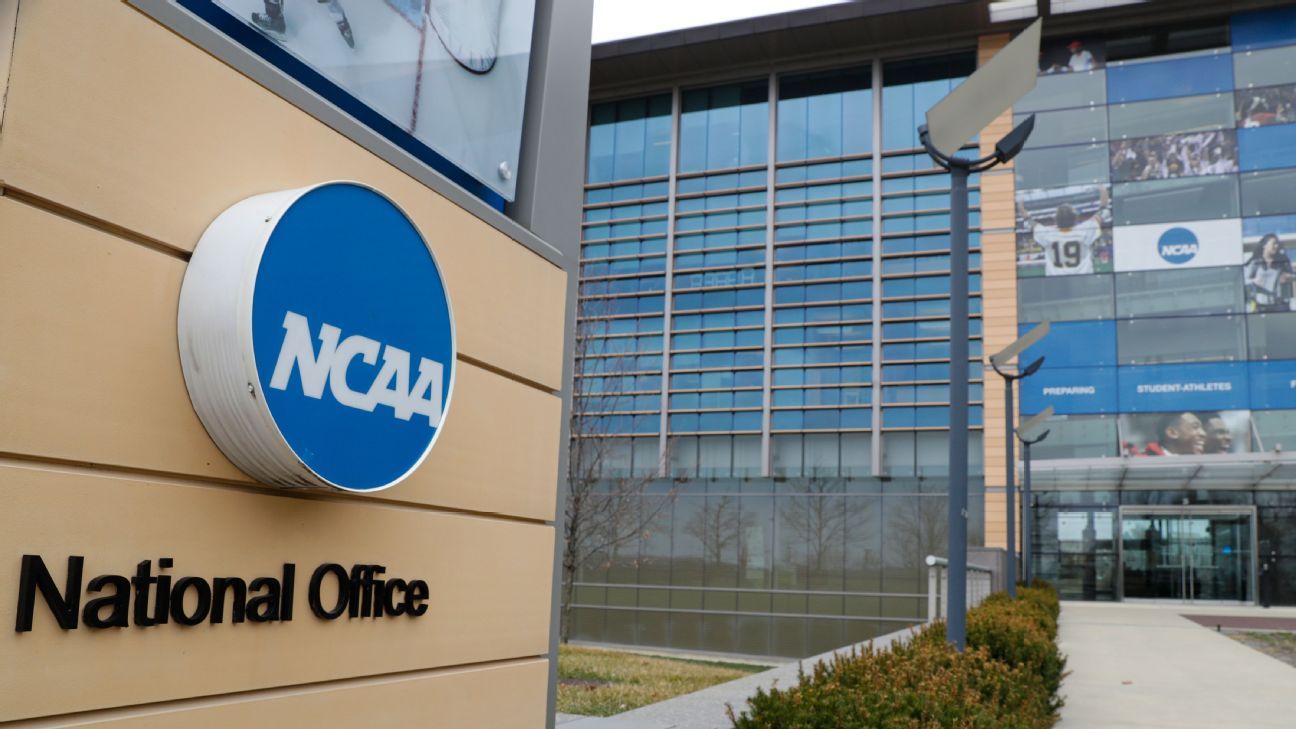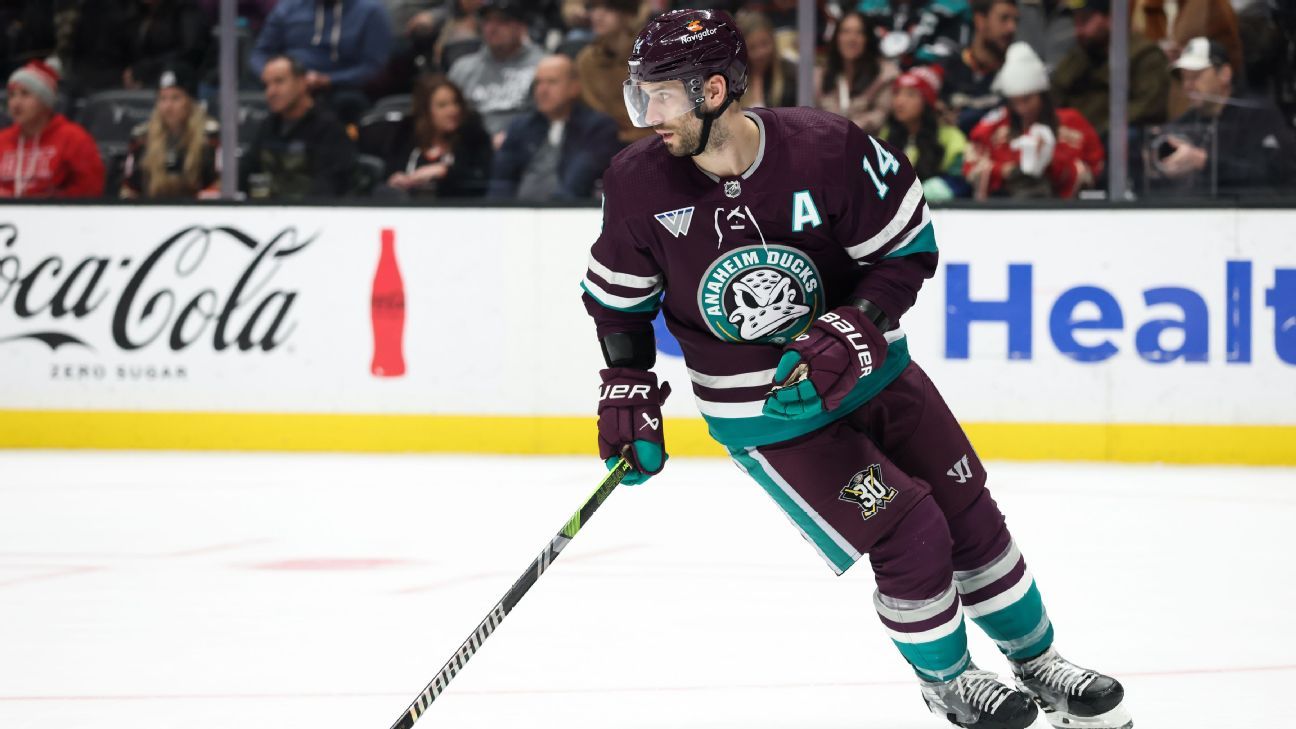DAVID PRICE CALLED opting out of the 2020 MLB season “the toughest decision I’ve ever had to make.” He felt the strain and the doubt most on Opening Day and at the start of the postseason. But when Price watched from home as Julio Urias struck out Tampa Bay Rays shortstop Willy Adames late into the night of Oct. 27, clinching the Los Angeles Dodgers‘ first World Series championship in 32 years, a strange feeling swept over him.
Relief.
“If it would’ve been any other outcome,” the Dodgers pitcher said, “I would’ve probably had a whole lot of regret and would’ve felt really bad about my decision. But whenever Julio threw that strike three, it really felt like it kind of lifted a weight off my chest.”
About two dozen players opted out of professional baseball last year amid the coronavirus pandemic, the majority of whom, like Price, were in their 30s and advanced enough in their playing careers that they could afford a year of lost compensation and service time. Two players, Atlanta Braves outfielder Nick Markakis and Miami Marlins infielder Isan Diaz, ultimately came back during the 2020 season. Many of those who stayed away returned this spring with a renewed sense of purpose. Last summer, as the sport resumed without them, they also wrestled with intermittent feelings of remorse.
Milwaukee Brewers center fielder Lorenzo Cain opted out on the first day of August, after his team’s home opener against the St. Louis Cardinals was postponed due to a COVID-19 outbreak, further jeopardizing a season already in doubt. The sport recalibrated and the Brewers languished through the rest of the summer, grabbing the final playoff spot with a losing record before a swift first-round exit. Cain, the father of a young boy with severe asthma, knew he could have helped. The guilt of not being there never went away, even though his reasoning was sound.
“It still hurt me, to an extent, to leave my teammates,” Cain said. “I like to be in that grind with them.”
Price felt similarly. The considerable talent in the Dodgers’ organization initially made it easier for him to sit the 2020 season out. But when the games began to count, Price, a five-time All-Star and former American League Cy Young Award winner, toyed with the idea of coming back, ultimately deciding against it because his arm was no longer in good enough shape to contribute. Instead, he watched every pitch of the Dodgers’ season on television and kept in constant contact with teammates, offering advice and encouragement where he could.
Washington Nationals pitcher Joe Ross watched games only sporadically, often torn between a desire to be supportive and a distaste for reminding himself of what he was missing. One game stood out, on the road against the Braves on Aug. 17, when Juan Soto homered in the top of the ninth to pad the Nationals’ lead, then Adam Duvall and Dansby Swanson homered in the bottom half to win it for Atlanta.
Ross was 2,500 miles away, in Oakland, eating dinner with his parents while watching from his tablet. He experienced the full range of emotions, a reminder that the passion still lingered.
“I’m getting angry thinking about it, but I couldn’t be further away from the team on the West coast,” Ross said. “It was kind of a good indicator that that was still in there, even though I was so removed.”
IT BEGAN ON Jan. 26, 2020, with the helicopter accident that killed Kobe Bryant, his daughter, Gianna, and seven others. For Cain, heartbreak turned into rage four months later, when an unarmed Black man named George Floyd was killed by a white police officer who pressed his knee against Floyd’s neck for more than seven minutes. Floyd’s death ignited a racial reckoning, in the midst of a pandemic that had quickly evolved into a global health crisis, and Cain felt a sudden desire to tap back into his faith.
Baseball would have to wait.
“This year,” Cain said, “opened my eyes to a lot of things.”
“I feel like it made me a better person, made me more whole. It allowed me to be a better dad and a better husband.”
Milwaukee Brewers’ Lorenzo Cain on a season away from baseball and reconnecting with his faith
Cain, 34, grew up in the Baptist church but felt “lukewarm” about his religion as he grew older. He went from a 17th-round pick out of community college to one of his sport’s most talented, respected players, making two All-Star teams, winning a Gold Glove and becoming a World Series champion. Along the way, though, he believes he “put God on the back burner.”
“I felt like this year I really needed to focus and make Him the focal point of my life instead of relying on people or anyone else that’s in my life,” Cain said. “I feel like it made me a better person, made me more whole. It allowed me to be a better dad and a better husband.”
Cain watched baseball on TV, which he rarely does, and spent an extended amount of time around his three sons, ages 6, 5 and 3. He also reintroduced himself to the Bible, which quelled some of his anger and helped channel his focus in a positive direction. The death of Bryant, a fellow athlete and father, at the beginning of the year had been a stark reminder to Cain of his own mortality. Floyd’s death, and the events that followed it over the summer, reopened wounds around being Black in America. Cain became intent about “voicing my opinion a little bit more because at the end of the day, as athletes, we have a platform, and people will listen.”
Cain feels much better about where he is now, but not necessarily about what surrounds him. He worries about what his children might someday encounter.
“I think we still got a long way to go as a country, we still got a lot of growing, and to me it’s still a work in progress,” Cain said. “Things are still happening. I’m still seeing things that are happening. It’s sad that we’re even having this discussion in 2021. It really is. We just have to keep working as a country — gotta start respecting each other, loving each other, and at the end of the day just doing what’s right. And that’s why I went to seek God as much as I wanted to. I want to seek God for that exact reason. It helped me grow as a person. Instead of being angry over everything that’s going on, I’m trying to see the good in people. Me going that route, I’m a little more at peace.”
RYAN ZIMMERMAN, 36, stepped away in order to help care for his newborn son, Henry, and not compromise the health of his mother, Cheryl, who has multiple sclerosis. He announced his decision in late June, when the prospect of an uninterrupted season felt unrealistic. Zimmerman, now returning for his 16th year with the Nationals, never second-guessed his decision to not play in 2020. But being away made him long for the camaraderie and the competition in a way that surprised him.
“I guess taking that season off last year made me realize that I’m really nowhere close to being ready to not play anymore,” Zimmerman said. “I miss the game a lot.”
Zimmerman joined the ranks of players who spent 2020 detached from the confines of a baseball schedule for the first time since toddlerhood. They binged Netflix, struggled with Zoom, longed for simple outdoor activities, navigated the awkwardness of communicating with teammates, then returned to a version of spring training in 2021 they hardly recognized — with surgical masks, saliva tests, socially distant clubhouses, stagnated workouts and rollover innings that end regardless of the situation.
“But there’s a normalcy, too,” San Francisco Giants catcher Buster Posey said. “There’s the normalcy of standing on the foul line and stretching, playing catch, catching ‘pens.”
Posey, who opted out shortly after he and his wife adopted twin girls who were born premature, watched as many games as he could last season in an effort to learn the tendencies of new Giants pitchers. He had access to Oracle Park when the team wasn’t in town, which helped keep him in shape throughout the summer. And he kept his arm loose by rolling diapers into tight balls and flinging them at his 9-year-old son.
Stepping away from baseball, Posey said, helped him become more selfless and patient. Cain learned the importance of using his voice to help inspire change and believes he became a better leader in the process. Chicago White Sox pitcher Michael Kopech, who has previously opened up about his experience with depression, said he “learned that I needed this game a lot more than I realized.”
“It’s a lot easier said than done to take a step away from something you’ve done your entire life. And it sounds like an exaggeration, but it’s been my entire life,” Kopech said. “Taking a step back from that and realizing how big of a piece it is to this entire puzzle for me has kind of just put it all in perspective and has helped me kind of regain the motivation to get back out there.”
Kopech, a highly regarded prospect who can throw his fastball in the triple digits, has navigated a tumultuous professional career that includes testing positive for a banned substance, breaking his hand in an altercation with a teammate and tearing his ulnar collateral ligament. His decision to opt out, on the heels of a season spent recovering from Tommy John surgery, was among the most surprising. His former pitching coach, Don Cooper, openly expressed concern about his mental health.
Kopech, still just 24, saw it as an opportunity to simplify his mind.
“I think I have a different mental perspective on the game than I have in years past,” he said. “In the past, I’ve put a lot of unnecessary pressures and anxieties on myself. And I think for one of the first times in my career, I’m comfortable enough with what I’m doing to where my only focus is internal.”
THEY WORRIED ABOUT their timing against live pitching, made it a point to guard against over-throwing and braced for the possibility that their adrenaline would get too high for exhibition games. But the players who opted out of the 2020 season — all except Ian Desmond of the Colorado Rockies, who cited a desire to remain near family — returned in 2021 without lingering trepidation.
“If it would’ve been any other outcome, I would’ve probably had a whole lot of regret and would’ve felt really bad about my decision. But whenever Julio [Urias] threw that strike three, it really felt like it kind of lifted a weight off my chest.”
David Price on watching his Dodgers teammates win the World Series last fall
The league’s handling of outbreaks and the discipline displayed by players thereafter helped ease concerns around COVID-19, as did the dwindling case numbers resulting from widespread vaccinations. This year’s spring training has been more constrictive than last year’s summer camp, with tighter restrictions on off-field activities. But practically every major league team is now preparing for the possibility of hosting fans, at some capacity, when the regular season begins. And with it comes a belief that baseball — and life — is shifting back toward normalcy.
Price spoke with Dodgers manager Dave Roberts and president of baseball operations Andrew Friedman shortly after the team clinched its championship to reassure them that he intended to pitch in 2021. Price, like so many others in his position, always assumed he’d return the following season.
On Monday afternoon, in front of a smattering of fans in Glendale, Arizona, Price finally pitched in a game again. The adrenaline kicked in the night before. He woke up excited, grew anxious by the time he stepped on the field and felt the need to calm himself before delivering his first pitch.
He was back.
“That’s probably one of the things I missed the most about being here — just competing,” Price said. “That’s something I’ve always loved to do, and to be able to get back out there and do that, that was much needed.”




